
By David Skilling*
Former New Zealand Prime Minister and UNDP head Helen Clark interviewed me recently on global economic and geopolitical developments. We had a wide-ranging conversation on issues from China and India to the Middle East and the US. The video is available here.
China is a central part of the global economic system (17% of global GDP, 14% of world merchandise exports); it would be difficult for China to be a status quo power even if it wanted to be. Even in previous, more geopolitically benign, periods, China’s rapid emergence into the global economic system led to widespread dislocation (as well as economic benefits): for example, the so-called ‘China shock’ on labour markets and specific geographies in the US.
Much of the recent attention on China’s economy has been its sluggish recovery from the pandemic. But more importantly, China’s emerging growth model will have significant spillovers into the global economy as well as political and geopolitical implications.
Under Mr Xi, China’s economic model combines mercantilism and industrialisation. There is no high-level support for a policy shift to a consumption driven growth model of the type long recommended to China; this is regarded as welfarism.
Rather, China wants to be an industrial superpower. It aims to dominate leading, sophisticated industrial categories while not giving up position in more basic industrial categories. And there will be increasing import substitution, partly motivated by concerns about exposure to trade/investment/technology restrictions. China generates ~30% of global manufacturing value added, and there are no indications that it wants to give that up.
Indeed, China is investing heavily in industrial production capacity. The President of the EU Chamber of Commerce in China recently observed that European firms could see ‘massive overcapacity’ in sectors such as auto, solar panels, wind turbines, chemicals, and metals. Or as the New York Times noted:
While the housing market struggles, factory construction fueled by government-backed financing is in high gear… China has already built enough solar panel factories to supply the entire world’s needs. It has built enough auto factories to make every car sold in China, Europe and the United States. And by the end of 2024, China will have built in just five years as many petrochemical factories as all of those now running in Europe plus Japan and South Korea. [New York Times, 6 November 2023]
Banks are responding to this changed strategic policy direction. Outstanding loans to the real estate sector are contracting (-0.2% in the year to September) but bank lending is growing strongly in industrial sectors (+38% in the year to September).
Trade flows
China’s over-capacity relative to domestic demand means that much of this increased industrial production capacity will be export oriented. This is a replay of previous iterations of China’s growth model that caused widespread economic and political disruption, updated for new circumstances of geopolitical rivalry.
China is running a large trade surplus, even if it has eased over the past several months in the context of contracting world trade. This reflects resilience in China’s export performance. And there are some categories in which China is performing very well: China has become the world’s largest car exporter, capturing increased market share in Europe and elsewhere – with particular strength in electric vehicles. And China is winning market share in other sectors, from batteries to renewables.
Similarly, China’s industrial strengths are supporting an import substitution agenda as it seeks to reduce exposure to geopolitical rivals. It is making progress in semiconductors; note Huawei’s recent phone with surprisingly advanced chips. This is partly supported by intensive stockpiling of Western technology in advance of sanctions, but also reflects strengthening domestic capabilities.
These are often highly sophisticated products. For a middle income country, China ranks highly on measures such as the global innovation index. But state subsidies and other support also allow Chinese firms to gain market share by selling these products cheaply. And the CNY/USD is at a 15-year low, which also supports Chinese competitiveness.
However, there are meaningful economic and political constraints to this economic model. Western economies will not accept sustained, large trade deficits with China: trade surpluses with the US and EU account for about two thirds of China’s overall trade surplus. The EU has been complaining loudly about unbalanced trade, and has launched anti-subsidy investigations into electric vehicles. Similarly, the trade deficit with China is a neuralgic issue in the US – particularly among America First Republicans like Mr Trump. Expect further measures to try to reduce this deficit.
Advanced economies will not allow for a replay of the last wave of Chinese market share gains and economic dislocation – and particularly in categories that are seen as strategic, such as electric vehicles, batteries, solar panels, and wind turbines. These sectors are central to many Western economies, such as auto in Germany and renewables in Denmark. Indeed, there are particular exposures for small advanced economies given their concentrated export structures.
The economic impact of China’s growth model on advanced economies means that it will be politically contested. It will be hard for China to expand its trade surplus and to win further market share in advanced economies because of domestic political dynamics. This is reinforced by the geopolitical environment in which Western economies are already looking to de-risk from China and to build increased strategic autonomy. Expect growing political pushback on China’s external balance and export-oriented growth model, with more trade and investment restrictions.
If Western market access is constrained, China’s excess production capacity will need to be vented elsewhere. One obvious group of countries are emerging markets. There is an increasing tendency towards friend-shoring in China’s trade profile, with China’s exports and imports rotating towards ASEAN, the BRICs, Africa, and so on.
This is one way of thinking about initiatives like the BRI and the expanded BRICS grouping. China will be looking to further strengthen its position itself as dominant suppliers to these markets, offering cheap, good quality goods and services (and often with financing). The growing exports to these economies will likely continue. Indeed, trade surpluses are emerging with non-Western economies such as ASEAN.
This will have implications for the growth models of emerging markets. Chinese competition in terms of exported manufactures will make it difficult for these countries to develop a manufacturing base (unless they can seize opportunities from friend/near-shoring activity).
Capital flows
Capital flows in and out of China also provides an interesting lens on this growth model. China’s inward FDI was negative in Q3 for the first time in recorded history: foreign firms are staying away from China, and are withdrawing capital from China. These reduced FDI inflows are partly because of the heightened geopolitical risks, as well as firm concerns about the domestic business/political environment in China.
So the externally-oriented activity is increasingly driven by Chinese firms: ~60% of Chinese exports are by private sector Chinese firms, suggesting rising Chinese competitiveness. The export share from foreign invested firms in China is now 30%, down from a 55% share in 2010.
However, outward investment flows from China have been holding up, with significant Chinese greenfields investment around the world. In Hungary, for example, substantial investments are being made in EV battery plants by private sector Chinese firms like CATL. There are also substantial Chinese FDI flows into South East Asia. And China’s sizable current account surpluses provide ample funding for this investment.
So expect increased Chinese physical presence in many markets – in some cases to get around trade and investment restrictions imposed on activity in China (see my recent reference to ‘Singapore-washing’ by Chinese firms).
Overall, China’s growth model remains outwardly-focused based on heavy investments in a range of industrial strengths. The consequent trade surpluses and competitive pressures are likely to cause political/geopolitical tension and to be contested across many advanced economies. Despite the warm words from Presidents Xi and Biden in San Francisco during the week, this is war by other means as economics and geopolitics intersect.
Thanks for reading small world. This week’s note is free for all to read. If you would like to receive insights on global economic & geopolitical dynamics in your inbox every week, do consider becoming a free or paid subscriber. Group & institutional subscriptions are also available: please contact me to discuss options (more information is available here).
*David Skilling ((@dskilling) is director at economic advisory firm Landfall Strategy Group. The original is here. You can subscribe to receive David Skilling’s notes by email here.
13 Comments
Great article. Learned new stuff. Found places for further digging. Thanks David and Interest.
It is worth the read, but only if you filter it. I wrote to Skilling, suggesting he needed to address resource/energy stocks, and consequent Limits. He wrote back "I don't agree with you". That isn't an argument, it's a belief - and there's the filter.
Just listened to Jim Mora interviewing Jack Watling - another piece of the puzzle. Peter Turchin's End Times is another. This: https://www.resilience.org/stories/2023-11-17/can-we-save-the-world-wit… yet another.
What we lack is folk outside economics, addressing the forces impacting economics. Those are few and far between.
IMO Xi and Putin are out for revenge over what the West did to communism and the "interesting times" that began in January 2020 are soon going to become intense. It's nothing new in human history.
"The west did to communism"?
Seriously? The USSR collapsed from within. And China is so far from collapse it's ridiculous.
Try Simon Michaux
Ridiculous to suggest "categories that are seen as strategic, such as electric vehicles, batteries, solar panels, and wind turbines." These products are resource intensive, intermittent liabilities and are luxuries not strategic goods. The UK just had to up offshore wind mill subsidies by 66% to prop the industry up and the German government just bailed out Siemens wind mill division. This sort of tech was discarded 150 years ago for a reason.
The Concorde of the streets.
"But what about BEVs? Over the last decade and more, billions of dollars have been invested in the area by commercial car makers around the world, often with Government subsidies as sweeteners. The situation now is akin to that of Concorde in its first years of service. Most of the early BEV sales were to the wealthy: people who were rich enough to purchase a BEV as a second vehicle, keeping another car with an internal combustion engine (ICE) for longer journeys.
...The man in the street has failed to embrace BEVs for the same reason he failed to embrace Concorde nearly 50 years ago: the extra cost – of order £10,000 per vehicle – represents an insurmountable barrier. People might pay the extra if they were getting something better in performance terms, but range anxiety and the lack of convenient recharging infrastructure remain formidable hurdles. Insurance costs are high too, with figures as high as £6000 quoted in the media."
https://www.telegraph.co.uk/news/2023/11/17/battery-electric-vehicles-e…
You are correct but an underlying issue Joe Public understands is the availability of charging stations that are both working and unoccupied, and that resolution will require increased generation and transmission capacity, neither of which is being addressed.
An underated and misunderstood factor is the publics pereived peception, for instance, if the Western public perceive that the CCP is unreasonably aggressive in the S China sea - not respective of international law they disgaree with or the treatment of their own citizens then choose to avoid purchasing Chinese goods or visit china then there is little short term CCP can do to reverse the effects.There is already evidence of serious dissent in China - Bank Runs/Public servants not being paid and having salaries unilaterally reduced and mortgage payment witholding against unfinished/unstarted developments. Govt actions in reshoring accelerate the process and the creation of local jobs is always popular even if leading to higher inflation - I now have a job and income so can afford what I previously could not as a beneficiary
They remind me of ants - millions & millions of them - all working for the greater good. They will win by simply outworking us, if they can hold it together internally.
Bless. "all working for the greater good." Corruption is rife- it is more greater self than greater good.
I wonder how long the EU can afford to carry a country like Hungary that is pro Russian and is on the road to becoming a trojan horse for the wholesale entry of Chinese exports into the EU.
Both the Chinese and the Russians are very nimble at re-routing and renaming their exports to evade EU sanctions and import restrictions so at some point the Europeans are going to have to give Hungary the boot or institute a two tier zone for imported components to protect German, French, Dutch, Czech, etc manufacturing.
It's a bit like Turkey in NATO, but Erdogan has been to Germany trying to drum up trade etc.
I guess overall it's just a matter of time as these leaders die off or whatever, and the dynamics change.
What if China's admission into the WTO had been made conditional on recognising of trade unions, which most other major nations do?

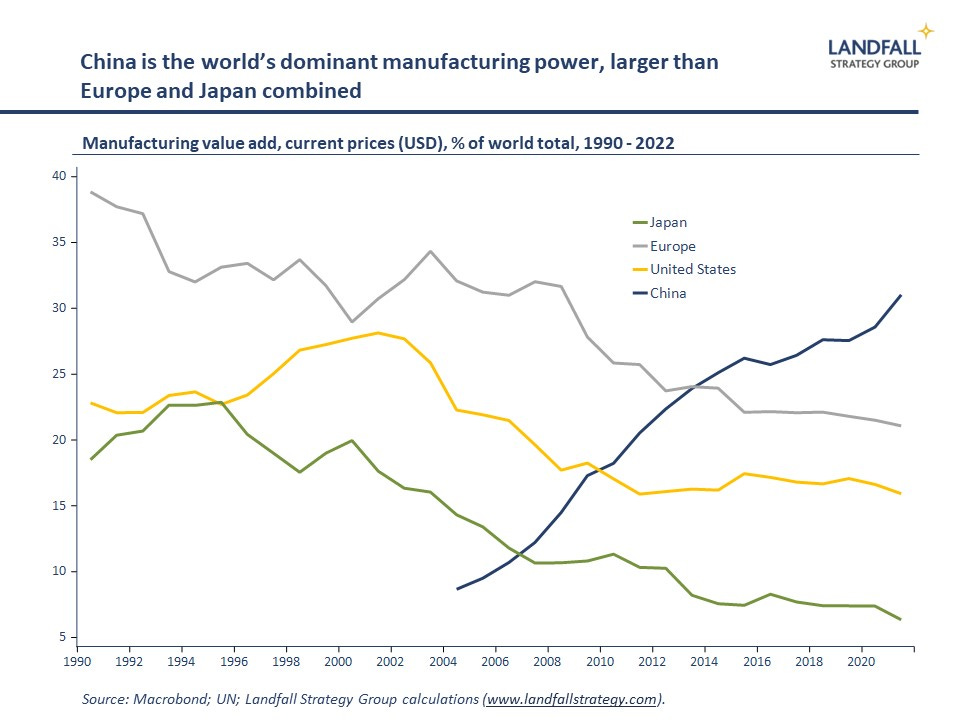
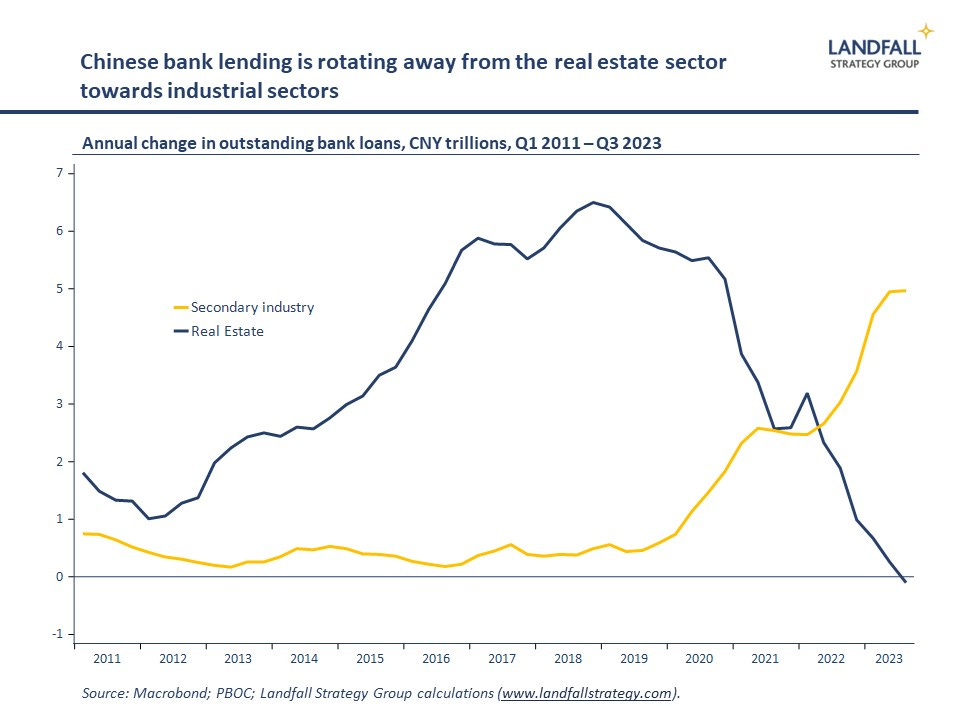
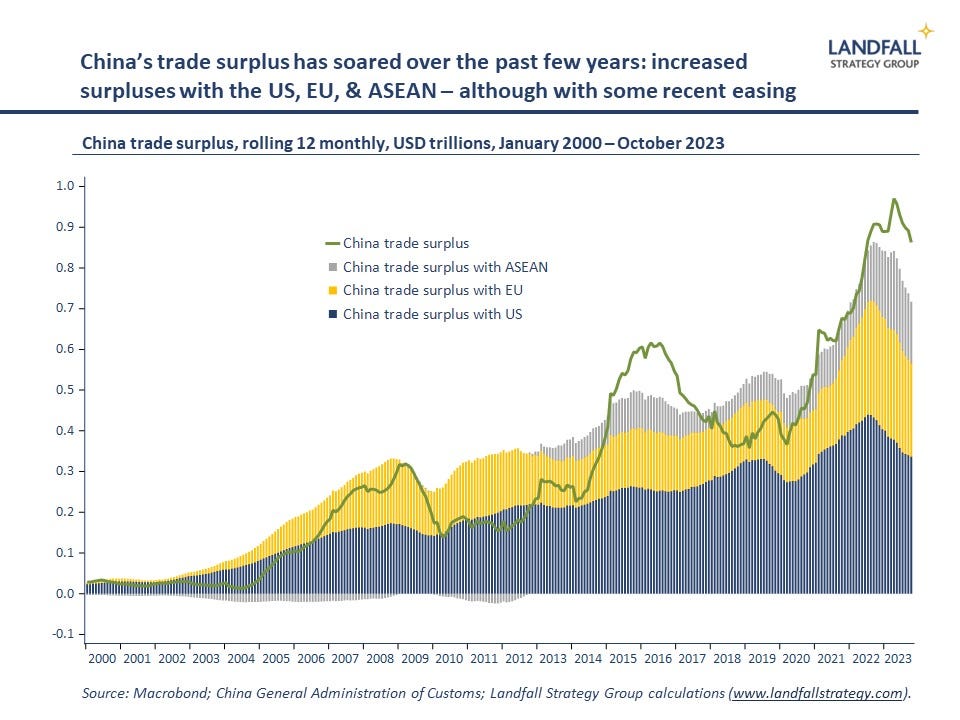
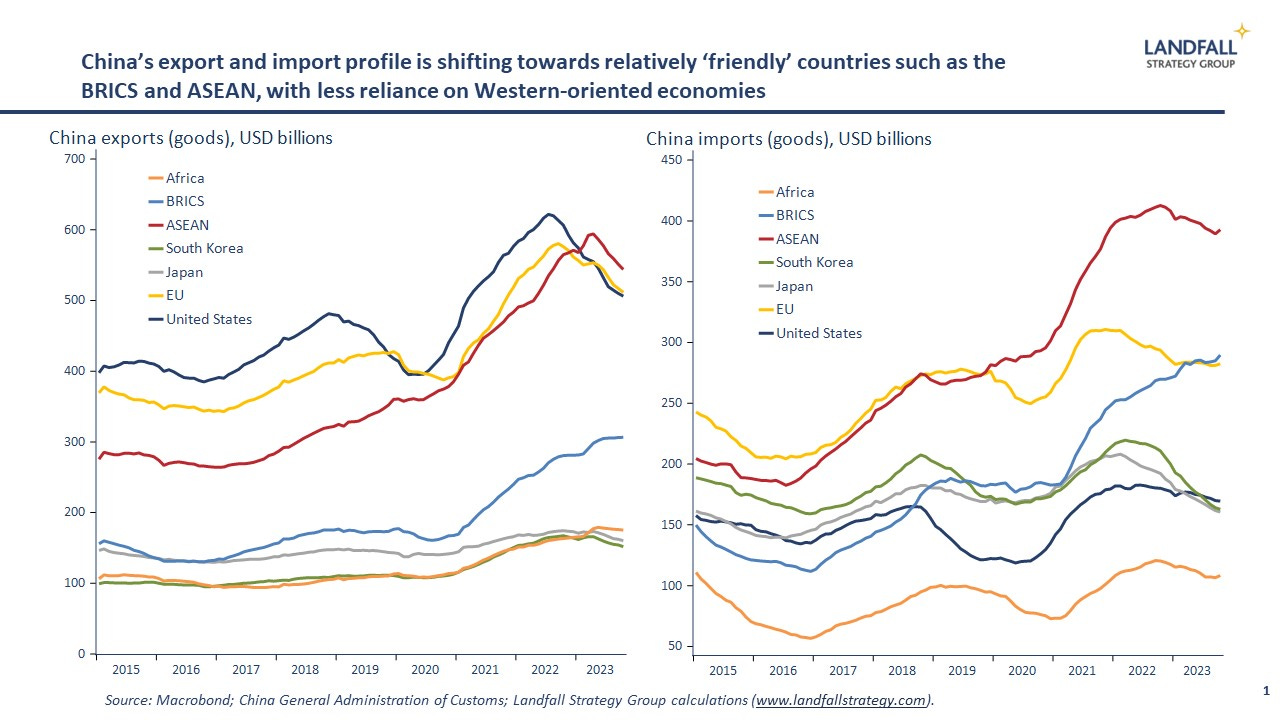
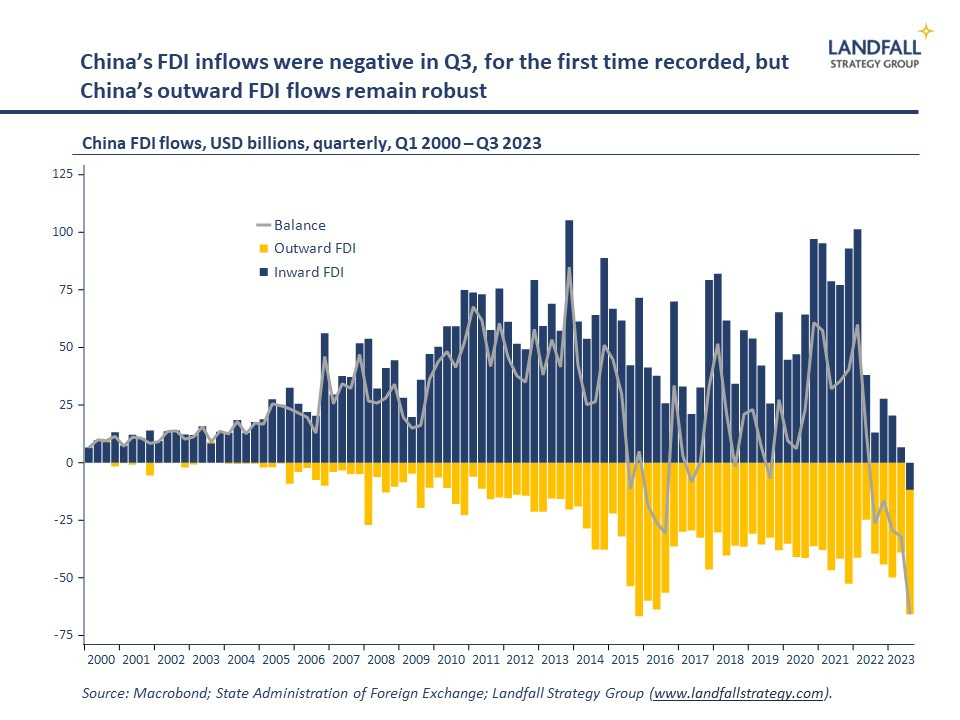
We welcome your comments below. If you are not already registered, please register to comment
Remember we welcome robust, respectful and insightful debate. We don't welcome abusive or defamatory comments and will de-register those repeatedly making such comments. Our current comment policy is here.